One of the most important steps in buying a home in Namibia is understanding what you can truly afford. Setting up a budget doesn’t just prepare you for homeownership—it also helps you save money and cut back on unnecessary expenses in the long run.
Here are three smart budgeting tips every future Namibian homeowner should know:
1. Set a realistic spending limit
Start by writing down all your monthly expenses. This includes:
-
Groceries and household essentials
-
Medical aid and insurance
-
School fees and education costs
-
Subscriptions and memberships
-
Loan repayments or other debts
Subtract these expenses from your monthly income. The amount left over is your disposable income.
From here, set spending limits for different categories. For example, instead of spending freely on takeaways, you could set a limit of N$500 per month and reduce your visits to once or twice. By creating boundaries, you’ll free up more money to direct towards your home savings.
During this step, it is also a good idea to check on your general financial health. Start by checking your credit score - is it in good standing, or are there steps you can take to improve it? Remember, a healthy credit score means that your chances of being approved for a home loan increase.
If you need to improve your score, here is a quick guide:
- Pay bills on time: Late payments hurt your credit score the most. Set up automatic payments or reminders to ensure you never miss a due date.
- Reduce debt: If you have outstanding debts, approach your credit providers to discuss repayment plans. Clearing overdue accounts can significantly boost your score.
- Dispute errors: Mistakes on your credit report can happen. If you spot inaccuracies, contact the credit bureau and the relevant credit provider to resolve them.
- Manage credit card use: Keep your credit card balances low—ideally, pay them off in full each month. If you can’t, ensure you pay at least the minimum amount due.
- Avoid new debt: Limit additional credit applications, as each inquiry temporarily lowers your score.
- Stick to a budget: Create a budget to manage your spending and savings effectively. Financial discipline helps you avoid overspending and debt.
- Beware of scams: Avoid companies that promise to “fix” your credit score for a fee. Legitimate improvements come from consistent financial responsibility.
2. Know where you can cut back
Do you know how much you actually spend in a week? Many Namibian families underestimate the impact of small daily purchases. Quick grocery stops, readymade meals, or buying items you don’t really need can quickly eat into your savings.
To fix this:
-
Track your spending for at least a week.
-
Identify where you can cut costs (e.g., bringing lunch from home).
-
Shop smarter—compare prices, look for specials, and buy in bulk when possible.
-
Avoid food wastage by planning meals around what’s already in your pantry.
With rising grocery prices in Namibia, making these small adjustments can save hundreds of dollars each month—money that can go directly into your deposit fund.
3. Save for your deposit
Once you know your spending limits and where you can cut back, decide on a monthly savings goal.
For example:
-
Set aside a fixed percentage of your income every month.
-
Direct any extra cash, like bonuses or leftover spending money, into your savings account.
The larger your deposit, the less you’ll need to borrow from the bank. This means smaller monthly bond repayments and more financial breathing room once you move into your new home.
Bonus tip: practice living like a homeowner
Once you are closer to closing the deal on your new home, set up a new budget that takes into account all the costs associated with owning a home. These costs include:
-
Bond repayments
-
Municipal rates and water/electricity bills
-
Property taxes
-
Maintenance and repairs
This way, you’ll know exactly what to expect and avoid nasty surprises after signing your offer to purchase.
A smart budget helps you cut back, save more, and step into homeownership with confidence. If you’re planning to buy property in Namibia, start now by setting limits, trimming excess expenses, and saving steadily towards your deposit.


